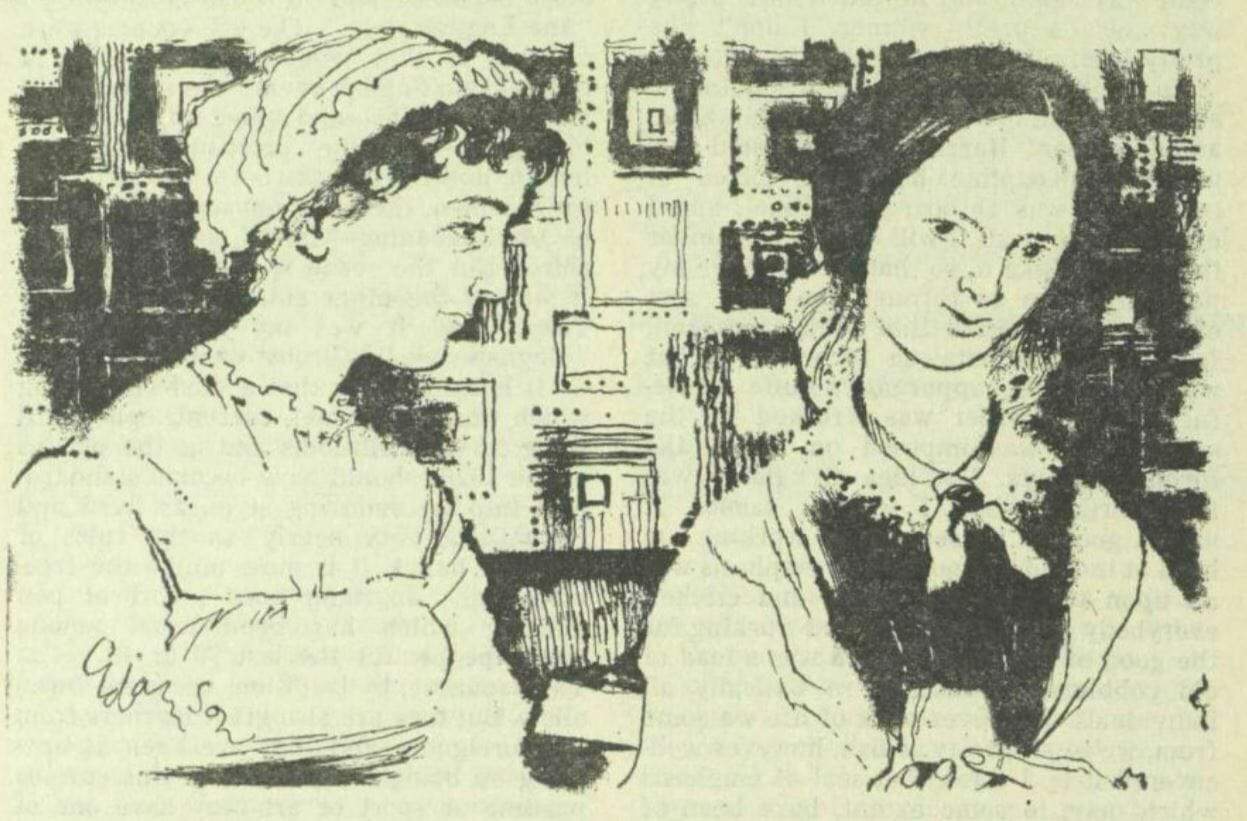By Anna Sikora, Gale Ambassador at NUI Galway
In the recent movie To Walk Invisible (2016), a biopic depicting the lives of the famous Brontë sisters, Charlotte tells her sisters to publish their work under male pseudonyms. This, the oldest Brontë supposedly reasoned, was to prevent the publishers from judging the authors, and to invite them to judge the story instead. A certain degree of moral indignation prompted some of my students to take Charlotte’s statement as a cue to sweepingly proclaim that none of the Brontë sisters would have been published had they submitted as Anne, Emily and Charlotte. If this were true, said I (a woman), there would have been no literature by women in print until Ms Wolf entered the literary scene. Generalisations and hasty conclusions kill critical thinking, so let’s take a step back and read what was actually written about the early women writers publishing under their real names and literary aliases at the time their works hit the bookshop and library shelves.

